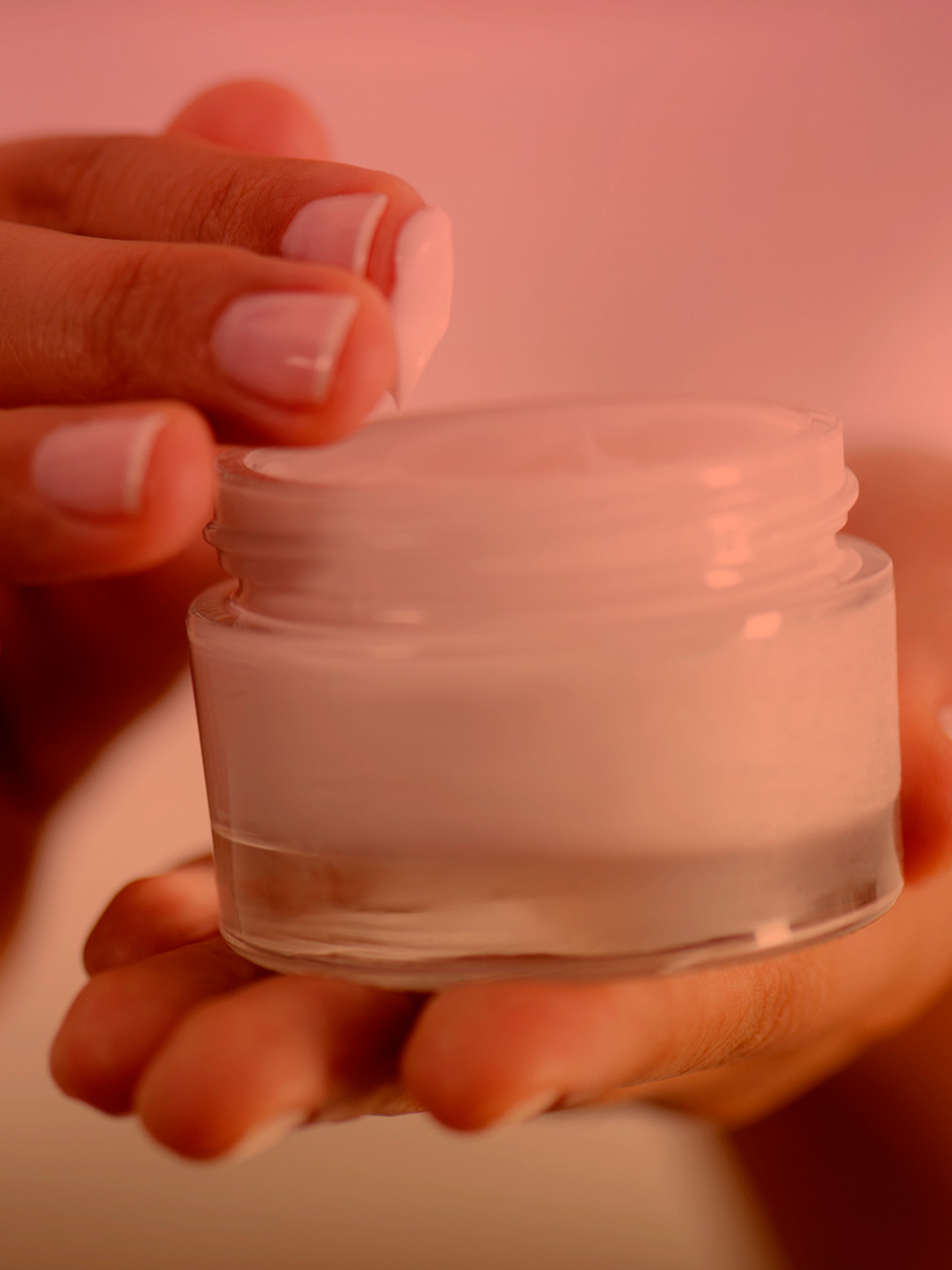
Tap to Read ➤
How to Choose Moisturizer for Sensitive Skin
Kanika Khara


It is difficult to find the best-suited moisturizer for a sensitive skin. Information here provides you with an insight on how to choose that specific moisturizer.

Most of us have tried different skin care products to have a clean and shinning skin. However, some products actually do benefit by rejuvenating our skin, while others are complete waste of money.

In the quest of having a radiant skin, the most important and common element that majority of us ignore is knowing our skin type. Since different skin types have different requirements, one should not use any product without knowing for what skin type it has been designed for.

A moisturizer prevents and treats dry skin, improves skin tone, texture and masks imperfections. But for delicate or tender skin, finding the ideal moisturizer can be difficult, especially when there are numerous skin care products asserting to be formulated only for this skin type and still cause irritation, redness and other skin problems.

Moisturizer for Sensitive Skin
A moisturizer works by replacing natural skin oils to cover tiny fissures in the skin, and to leave a soothing protective film that improves the appearance and reduces dryness and aging. A good moisturizer increases the water content, minimizes water loss, and reestablishes the skin's ability to retain water.

A skin moisturizer includes ingredients like:
- Humectants (urea, glycerin, alpha hydroxy acids, etc.), for absorbing water from the air and maintaining the moisture in the skin.
- Emollients (lanolin, mineral oil, petrolatum, etc.), for filling in the spaces between the cells in the skin and replacing lipids, which helps in smoothing and lubricating dry skin.

- Fragrances, to provide a fresh and pleasing odor, and cover up the smell of other ingredients.
- Preservatives, to prevent bacterial contamination after the product is opened.

These ingredients boost our body's production of collagen and elastin (a group of naturally occurring proteins), lessen stretch marks, smooth out wrinkles, unblock pores, and exfoliate dead skin cells.

A sensitive skin is more susceptible to skin disorders, like irritations, redness, acne, or rashes, one should look for a moisturizer with plant-based oils, like jojoba or avocado oil, to hydrate the skin effectively. These oils have chemical composition close to sebum, (the type of oil our body produces), hence there are minimum chances of any side effects.

Avoid using a moisturizer containing chemical, as it is harsh on skin. Instead, go for natural sensitive skin moisturizers comprising natural ingredients, like Extrapone Nutgrass root. It protects the skin from strong UV rays from the sun and helps in reducing, and eventually eradicating dirty pigmentation and spots, making the skin whiter and brighter.

How to Apply a Moisturizer Properly
Apart from knowing which is the best-suited moisturizer for your skin type, it is equally important to know when and how to apply it. The best time for applying moisturizer is immediately after bathing. Just pat or blot your skin until it is barely dry, then apply moisturizer to help retain water in the surface cells.

You can also apply it before venturing outdoors in cold weather on your body and especially on your hands, as they are most exposed to various chemicals, like soaps, than any other part of your body. Avoid using heavy skin creams on your face, especially if you have a sensitive skin, as you will experience extreme dryness.

Consult your dermatologist in case you feel some irritation, as the skin surface is delicate and will immediately alert you in case a product does not suit it. The doctor will make a personalized skin-care plan by assessing your skin type, evaluating your skin's condition, and then recommending moisturizers likely to be effective for your sensitive skin.